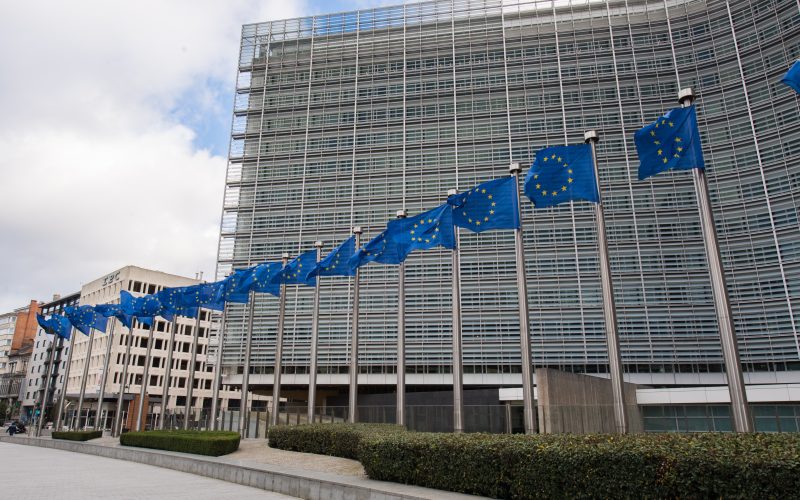The Council presidency and European Parliament negotiators have reached a provisional agreement on a key component of the ‘Omnibus I’ legislative package: a regulation designed to simplify and reinforce the European Union’s Carbon Border Adjustment Mechanism (CBAM).
The proposed regulation aims to ease compliance procedures and reduce administrative burdens for businesses—particularly small and medium-sized enterprises (SMEs)—while maintaining the CBAM’s core climate objectives. Approximately 99% of embedded emissions in imported CBAM-covered goods will remain within the mechanism’s scope.
The co-legislators endorsed several simplification measures proposed by the European Commission. Chief among them is the introduction of a broader ‘de minimis’ exemption. Under the revised rules, importers whose annual volume of CBAM goods does not exceed 50 tonnes will be exempt from CBAM obligations. This change replaces the current exemption for goods of negligible value and is expected to benefit SMEs and individual importers handling low volumes.
To prevent disruptions as the mechanism moves into its next phase in 2026, importers will be permitted to continue bringing in CBAM goods while awaiting official CBAM registration.
Other notable provisions include streamlining the authorisation process for importers, easing data collection and emission calculation requirements, clarifying verification procedures, and refining the calculation of financial liabilities for CBAM declarants. Provisions have also been added to account for carbon prices already paid in the country of origin and to establish clear rules regarding penalties and the role of indirect customs representatives.
The agreement further specifies the financing and operational details of the central CBAM platform, which will manage the sale of CBAM certificates to importers.
The provisional agreement now awaits formal endorsement by both the Council and the European Parliament, with adoption anticipated by September 2025.
Poland’s Minister for the European Union, Adam Szłapka, welcomed the agreement, stating: “Simplification is a top priority for the Polish presidency. Today’s provisional agreement with the Parliament is yet another step towards reducing administrative burden for our companies and further boosting EU competitiveness.”
The agreement comes in response to a broader EU commitment to regulatory simplification. In October 2024, the European Council urged all institutions to advance reforms in line with the recommendations of reports by Enrico Letta and Mario Draghi on market competitiveness. The Budapest Declaration of November 2024 echoed this call, advocating for a “simplification revolution” to create a more business-friendly regulatory landscape.
In February 2025, the European Commission followed up with two ‘Omnibus’ legislative packages aimed at streamlining existing rules in the fields of sustainability and investment.




















